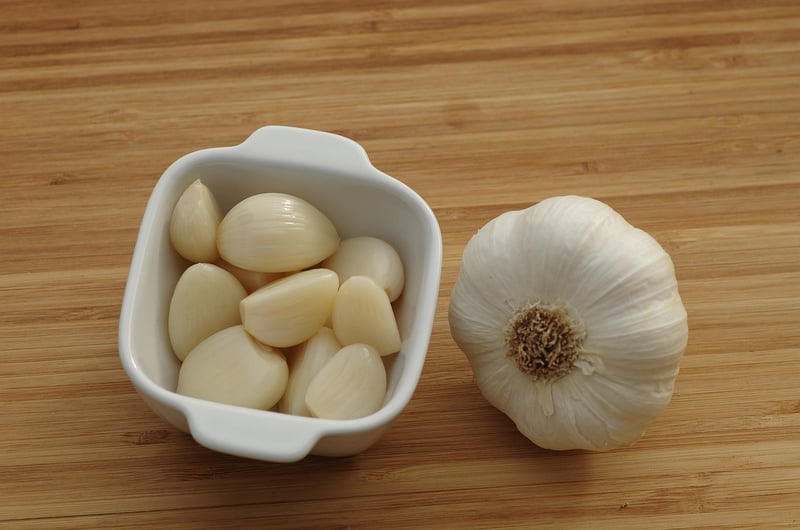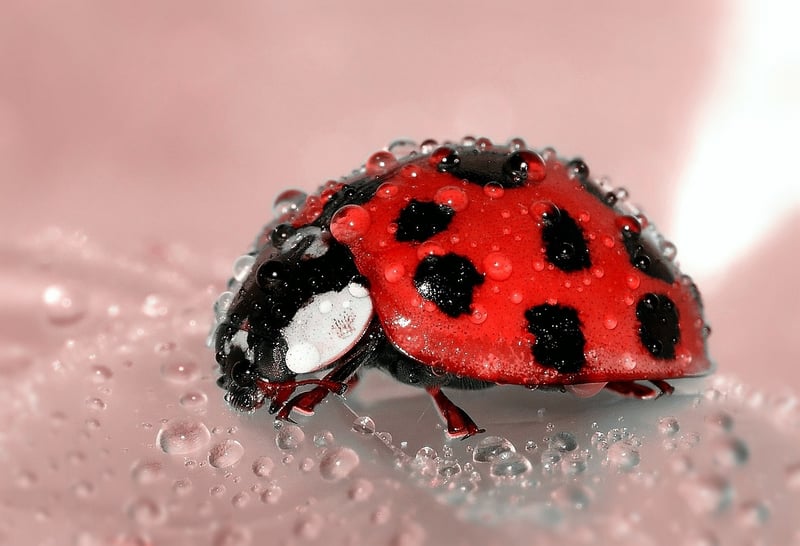Companion Planting
Tips to Keep Pests at Bay and Companion Planting
Introduction
Dealing with pests in your garden can be a frustrating experience. However, there are natural and effective ways to keep pests at bay without resorting to harmful chemicals. One such method is companion planting, which involves strategically planting different crops together to enhance growth and deter pests. Read on to discover some practical tips to keep pests away and how companion planting can benefit your garden.
1. Natural Pest Repellents
Using natural pest repellents is a safe and eco-friendly way to protect your plants. Some common natural repellents include:
- Neem oil: Effective against a wide range of pests and safe for most plants.
- Diatomaceous earth: Kills insects by damaging their outer layer.
- Garlic spray: Repels pests with its strong odor.

2. Beneficial Insects
Attracting beneficial insects to your garden can help control pest populations naturally. Some beneficial insects include ladybugs, lacewings, and praying mantises. Planting flowers like marigolds and daisies can attract these helpful insects to your garden.

3. Companion Planting
Companion planting involves planting different crops together to improve growth and deter pests. Some popular companion planting combinations include:
- Tomatoes and basil: Basil repels insects that harm tomato plants.
- Cucumbers and radishes: Radishes deter cucumber beetles.
- Marigolds and vegetables: Marigolds repel nematodes and other pests.

4. Crop Rotation
Rotating your crops each season can help prevent the buildup of pests and diseases in the soil. By planting different crops in the same area each year, you disrupt the life cycles of pests and reduce the risk of infestations.
5. Mulching
Applying mulch around your plants can help suppress weeds and retain moisture, creating a healthier environment for your crops. Mulch also acts as a barrier, making it harder for pests to reach your plants.
Conclusion
By implementing these tips and practicing companion planting in your garden, you can effectively keep pests at bay and promote healthy plant growth. Embracing natural pest control methods not only benefits your garden but also contributes to a more sustainable and environmentally friendly approach to gardening.
